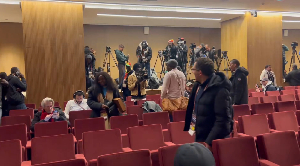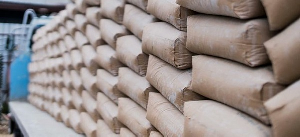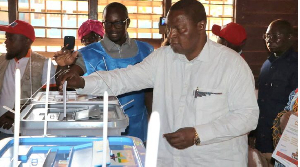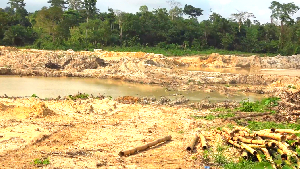Accra, April 30, GNA - The Accra Metropolitan Assembly (AMA) will soon introduce a bye-law to ensure that people pay for the waste they generate, Mr. Samuel Kpodo, Principal Environmental Health Technologist at the AMA announced on Monday.
He explained that the bye-law would collect monies from people for generating solid waste irrespective of the class of society they belonged, to help reduce the cost of waste management in the country. Mr Kpodo was speaking at a day's seminar organized by the City Waste Management Company Limited on the theme: "Waste Management Cost Reduction."
The seminar brought together stakeholders involved with the recycling of all kind of waste including paper, plastic, metal and organic waste.
Participants shared knowledge of the kind of activities they were involved in to reduce the cost of waste, the opportunities and the challenges involved.
Mr Kpodo said the AMA was currently owing various waste management companies over 75 billion cedis and noted that it was becoming extremely difficult for the contractor to work without being paid.
He said Accra was divided into four classes, the first and second class made up of areas like East Legon, Labone and Cantonments where the residents were already paying for their waste.
"The third and fourth class that generate a lot of waste unfortunately do not pay for waste and that is what we want to avoid since they contribute the chunk of waste in the capital city."
Mr Kpodo said there was an urgent need to place a value on waste. Mr Jurgen Meinel, Manager of City Waste Management Company, whose organization is mainly involved with plastic waste recycling, expressed concerns about the less value placed on waste in the country. He suggested that an environmental import levy be placed on plastic goods and called on manufacturers and sellers of plastic goods to pay fees for each plastic container brought from a collection point. "The plastic recycling industry is not getting enough of plastic waste simply because it cannot pay more than 2,000 cedis per kilogramme. For the collector who has to collect 350 pure water sachets to make one kilograme, the 2,000 cedis is not attractive," he explained. Mr. Meinel noted that if an attractive price is paid for any type of plastic waste to the collectors, "we will not find it littering our environment."
He also recommended waste separation, saying it was key for cost reduction in waste management.
Mr. Meinel said plastic recyclers in Ghana did not recycle even 50 tonnes of plastic waste a day while 300 tonnes of plastic waste was generated a day.
"With increasing investment in the plastic recycling and a better remuneration for collected plastic waste, the employment in the informal sector will reach 2,000 or more in the next few years," he said. Plastic recycling will become a very lucrative business in the near future, he said.
General News of Monday, 30 April 2007
Source: GNA












